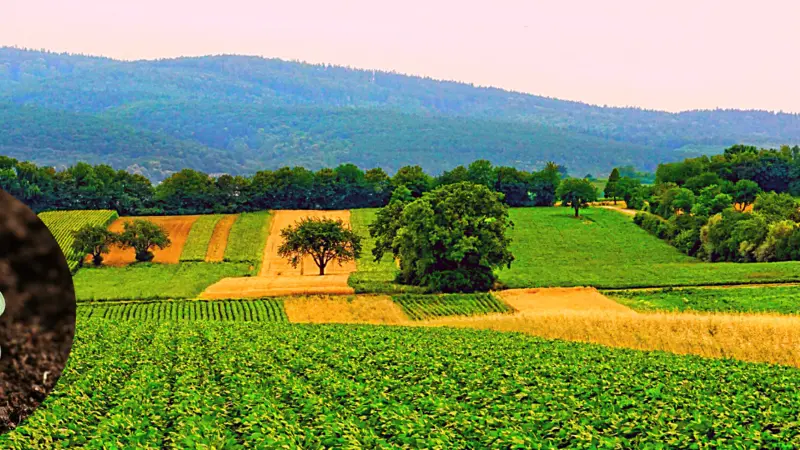

Planet and People Connection

Planet and People Connection
The Downside of Black Plastic in Farming
While the use of black plastic is allowed within organic agriculture, it is inherently unsustainable, as it is a petroleum-based product and is difficult to recycle, says the Rodale Institute, which aims to expand organic agriculture through research, training, and education for farmers and consumers.
Every acre of land farmed using a black plastic system, produces 100 to 120 pounds of waste that typically goes to landfills. When herbicides and pesticides are used on fields covered in black plastic, the concentration of these chemicals in the fields’ runoff increases, making environmental and human health impacts even more of a concern.
Vegetable farmers are now looking into profitable and sustainable systems that increase soil health, reduce carbon footprint, and increase profits. The goal at Rodale Institute is to develop a cover crop mulch system in which herbicides are not necessary for weed suppression.
The institute conducted a three-year trial, the goal of which was to measure the impacts of different mulch systems on soil quality and fertility, weed control, yields and waste production, and profitability for small to mid-size vegetable operations.
The vegetable trials compared cover crop nitrogen, potential carbon contribution, weed suppression, yields and soil health between rolled and mowed vetch, and rye cover crops, as well as commonly used black plastic systems.
The cover crop systems provided serviceable weed control, added more biomass to the soil, contributed nutrients, and increased soil moisture and percent total soil carbon. Although marketable yields were lower on average, some of the cover crop systems achieved higher profits across the three years. The cover crop mulch systems eliminated 91.5 lb. of plastic waste per acre.
As a result of this study, all the participating farmers reduced their reliance on black plastic.
REFERENCES
Rodale Institute. (2014, April 4). Beyond Black Plastic Retrieved from https://rodaleinstitute.org/science/articles/beyond-black-plastic/


 By
By






